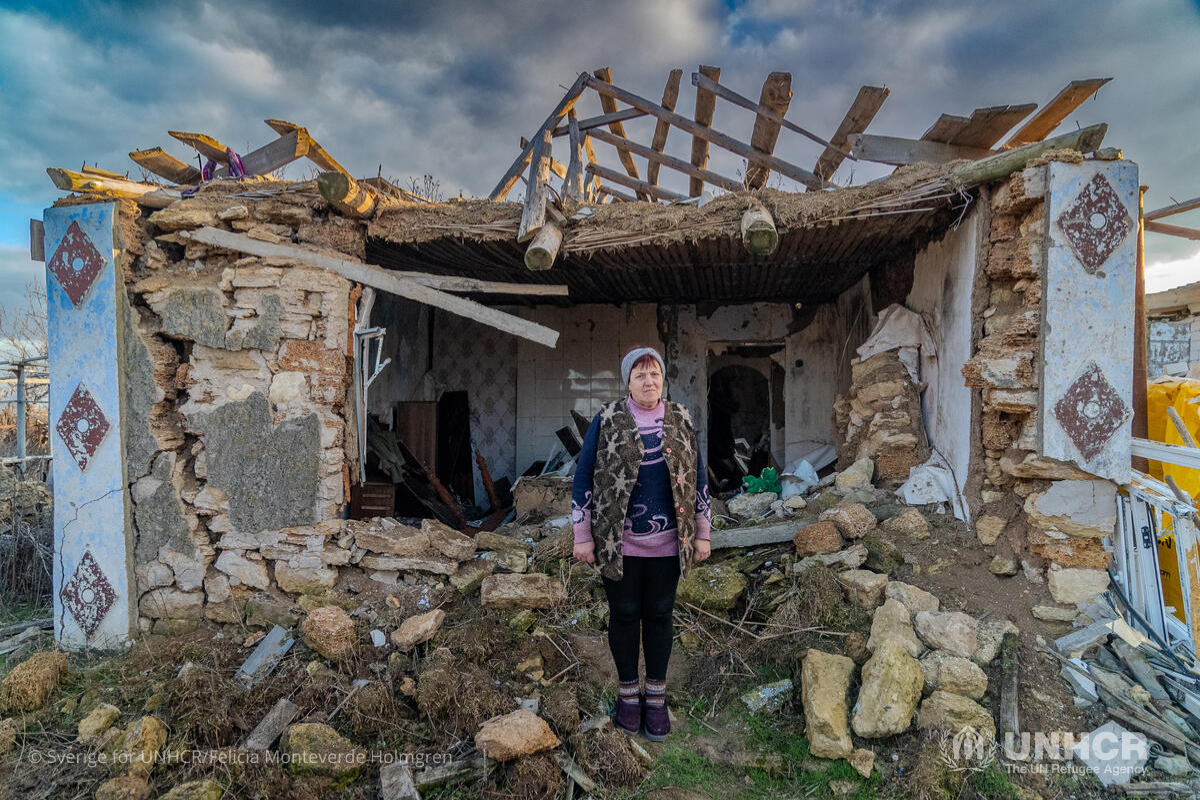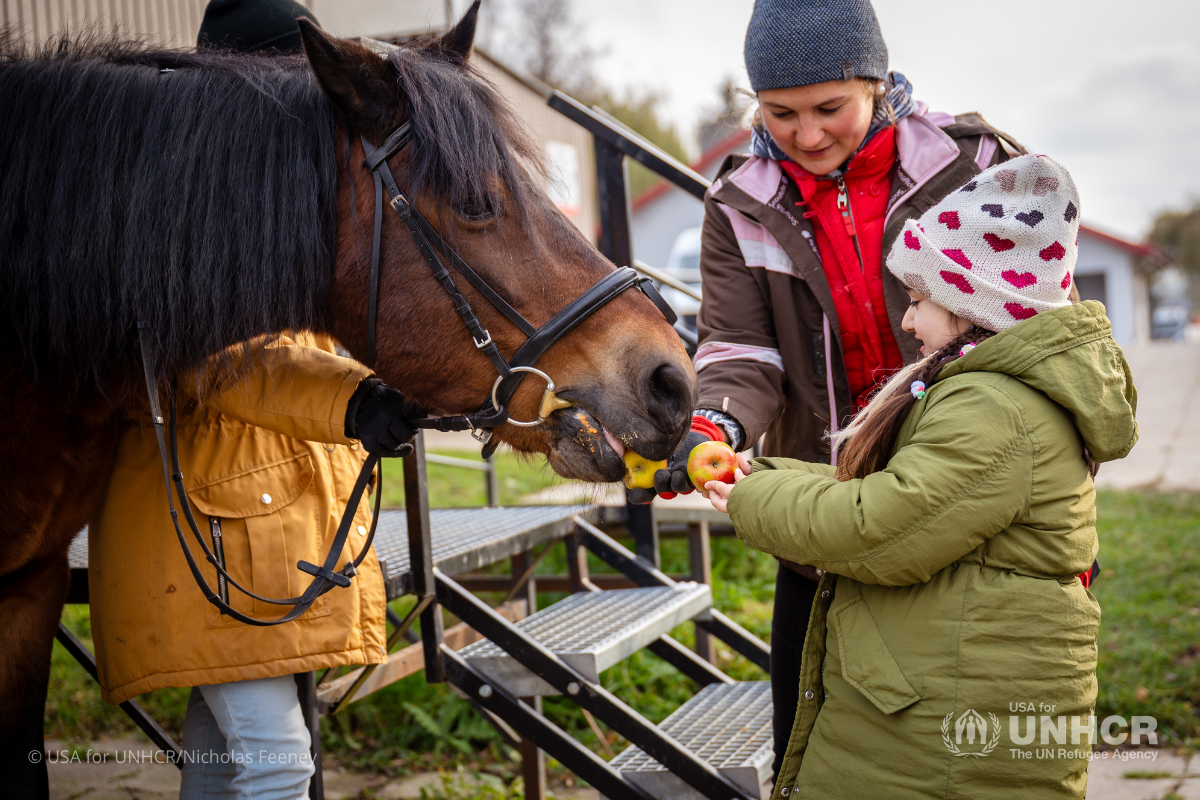Baseball club brings a bit of home to Venezuelan refugee and migrant kids in Peru
When, in 2019, he learned that his family would be leaving their native Venezuela, 8-year-old Javier Alejandro Enrique knew immediately what he would miss the most. It was not school, nor his friends from the neighborhood, or even his cousins and grandparents. It was baseball.
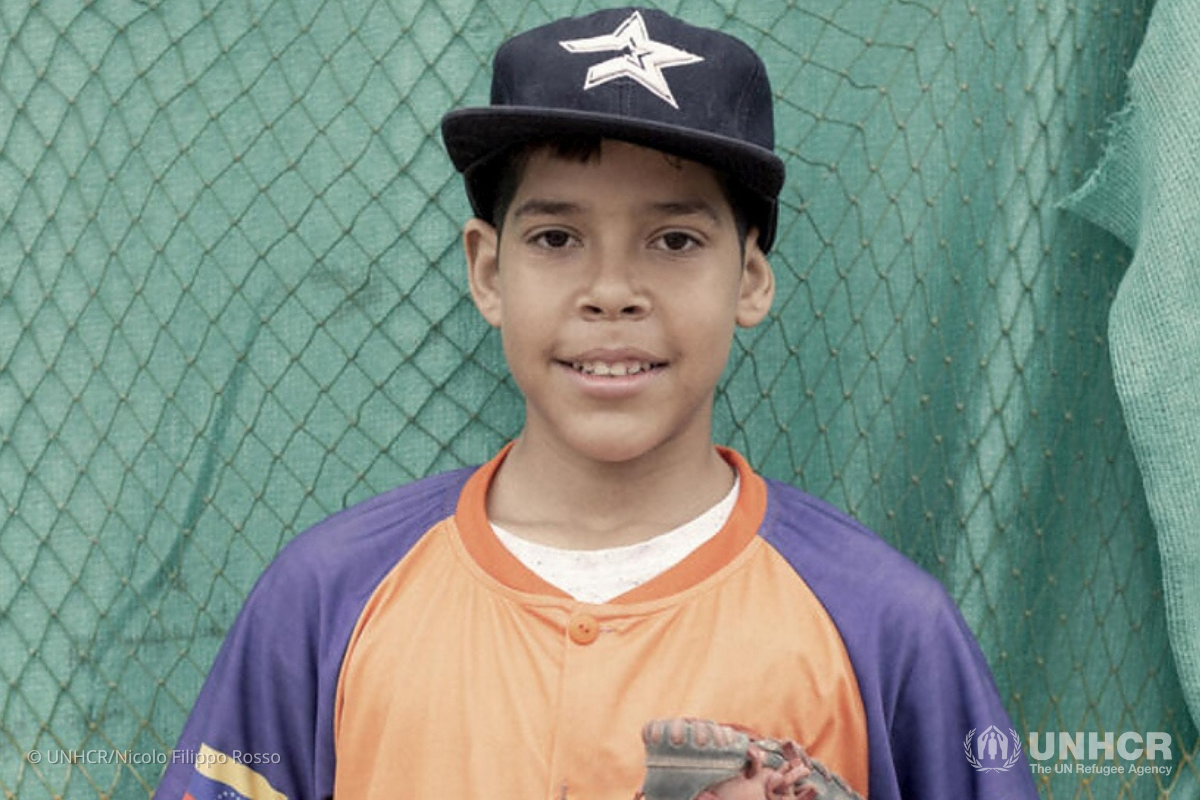
Javier’s family was about to strike out for Peru, where nearly 1.5 million of the estimated 7.1 million Venezuelan refugees and migrants who have fled their country in recent years have settled.
But Javier saw his parents’ choice of Peru as nothing short of disaster. After all, the Andean nation is football-obsessed, while baseball, the national pastime in Venezuela and Javier’s favorite sport, is all but unknown there.
“I was very sad because I thought I wasn’t going to get to play anymore,” said Javier, now 11, who started playing baseball at the age of 3 and had long dreamed of going pro when he grew up.
“I was the best,” he recalled, with a shy smile.
After moving to the Peruvian capital, Lima, Javier had no team to practice with, and COVID-19 lockdowns kept him from even going out to toss around a ball on his own. His sharp skills dulled, and his mood plummeted.
It was not until the middle of 2021 when his mother happened to hear about Los Astros, a youth baseball club in Lima’s eastern San Juan de Lurigancho neighborhood, that things started looking up for Javier.
“I got so excited because I was going to be able to play again and improve a lot,” he said.
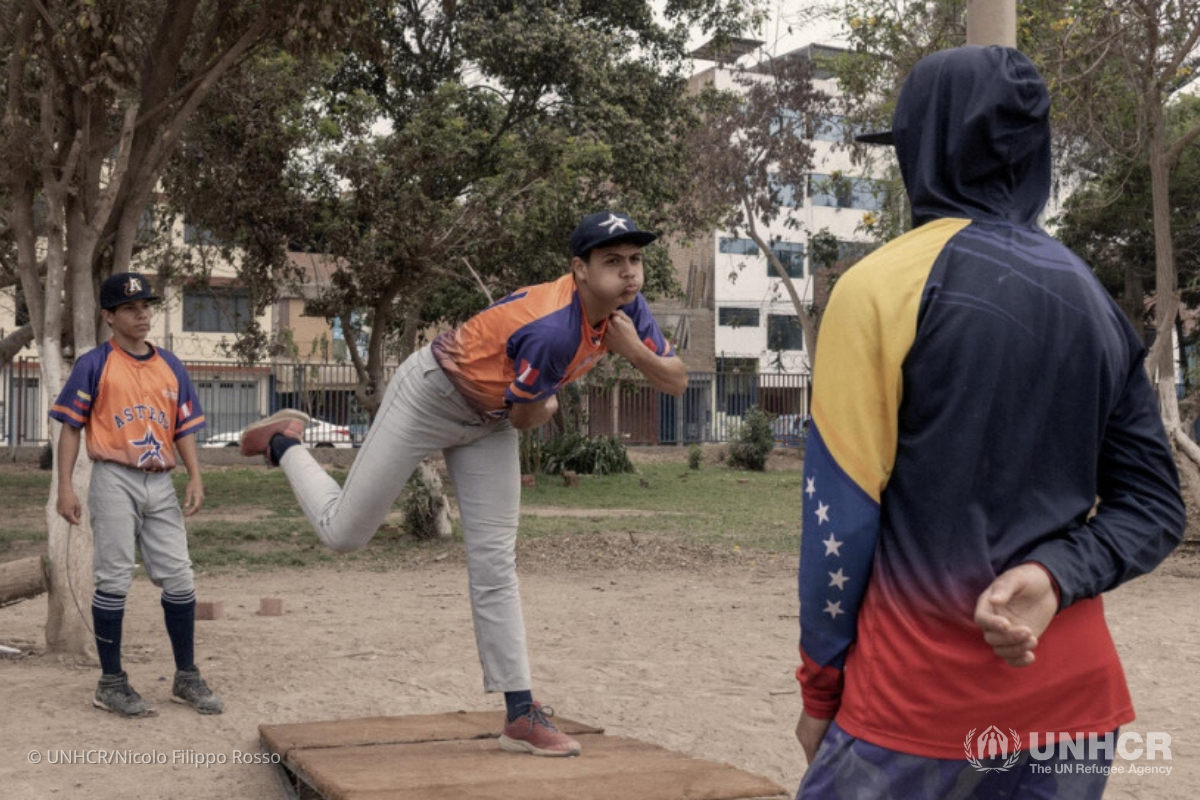
Elated reactions like Javier’s are the norm among the 50 or so children, from tots to teenagers, who have signed up with Los Astros, said coach Juan Carlos Urquilla, a 37-year-old pitcher from Venezuela’s northern city of Valencia.
The club – which receives uniforms, equipment and other support from UNHCR, the UN Refugee Agency – got its start in 2020 during the COVID-19 pandemic, after another Venezuelan man in Lima started taking his son out to the park to practice baseball. Fellow Venezuelans began to flock to the pair, and the father started a small training club. Los Astros grew through word-of-mouth and via postings on social media sites, and now dozens of kids take part, paying a small monthly fee for the daily practice sessions, coach Juan Carlos said.
While the lion’s share of the club members are Venezuelans, a handful of Peruvian children have joined, curious about this sport they had never heard of.
“We’ve noticed that they learn really fast,” Juan Carlos said of the Peruvian players.
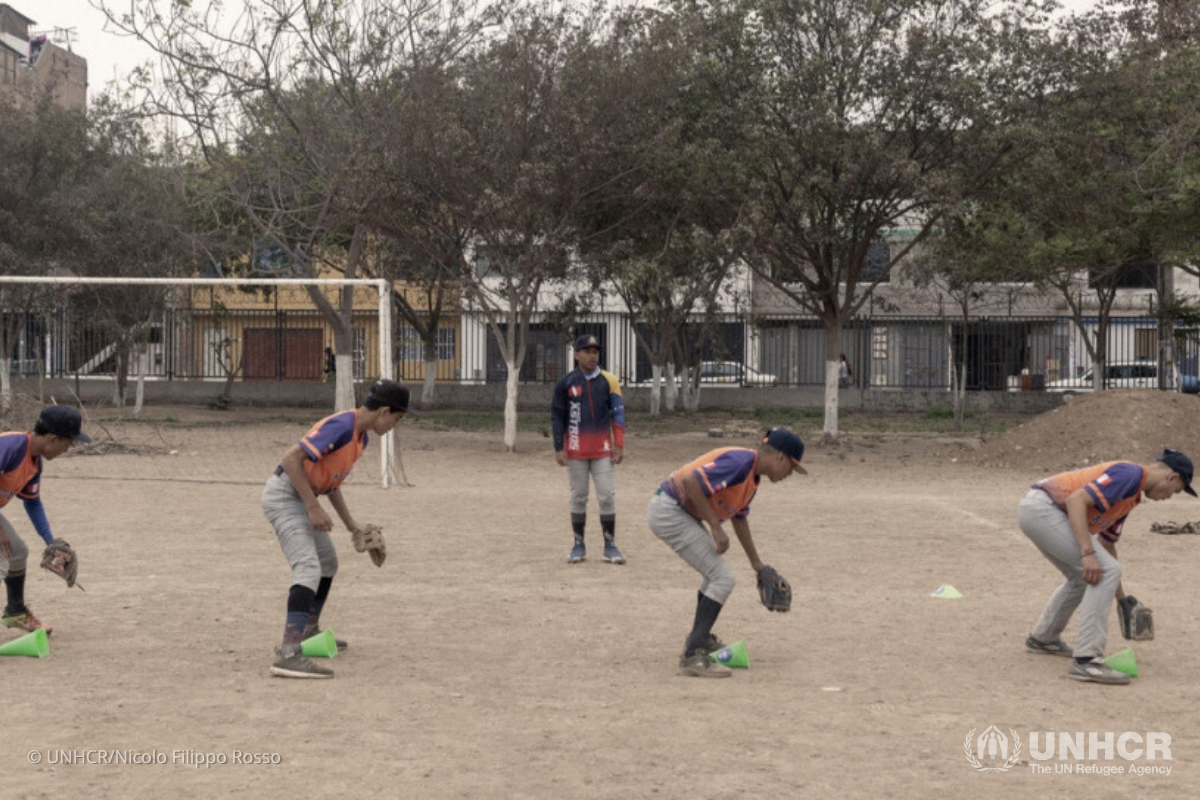
Many of the Venezuelans had to go back to basics along with their Peruvian counterparts. Between the disruption caused by moving countries and the endless pandemic lockdowns, even many of those who had been baseball-obsessed back home were “a little rusty” and in need of “dusting off,” Juan Carlos said. But now that they are back in form, he has lofty ambitions for the players, who share his high hopes.
Watching their progress “is, for me, a real success story,” he said, adding, “God willing, some of them will be signed to a professional team and go on to have a career in the big leagues.”
“It’s something that runs in my veins.”
Juan Carlos himself came within a hair’s breadth of being signed to professional teams back in Venezuela on several occasions, and, like little Javier, feared that his baseball days were over once he took the wrenching decision to leave home. Coaching Los Astros has given him his dream back. Money is tight, but sharing accommodation with the club’s other coaches allows him to make ends meet while spending his days doing what he loves: playing and teaching baseball.
“It’s something that runs in my veins, and I try to pass that passion for the sport on to them,” he said. “I like teaching and I try to instill in the boys values like discipline and responsibility.”
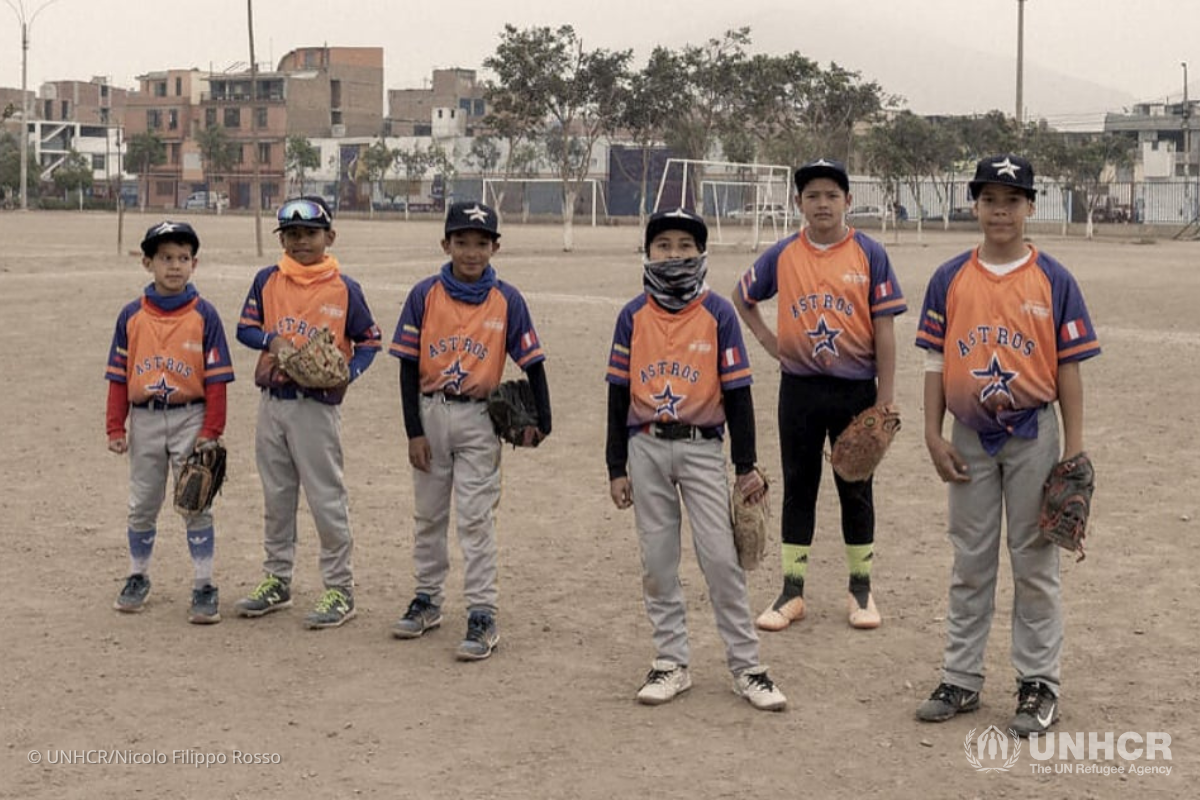
And regardless of whether the sport ends up being a viable career option for many of the young players, Juan Carlos says that just being able to get out onto the baseball diamond is a godsend – bringing a slice of home to their adopted country.
“When you come, like we do, from a country with a different culture, finding [in your host country] something that you like, something that you’re passionate about and being able to practice it, well, it fills them with a sense of peace and calm,” said Juan Carlos.
Originally reported by UNHCR, The UN Refugee Agency
